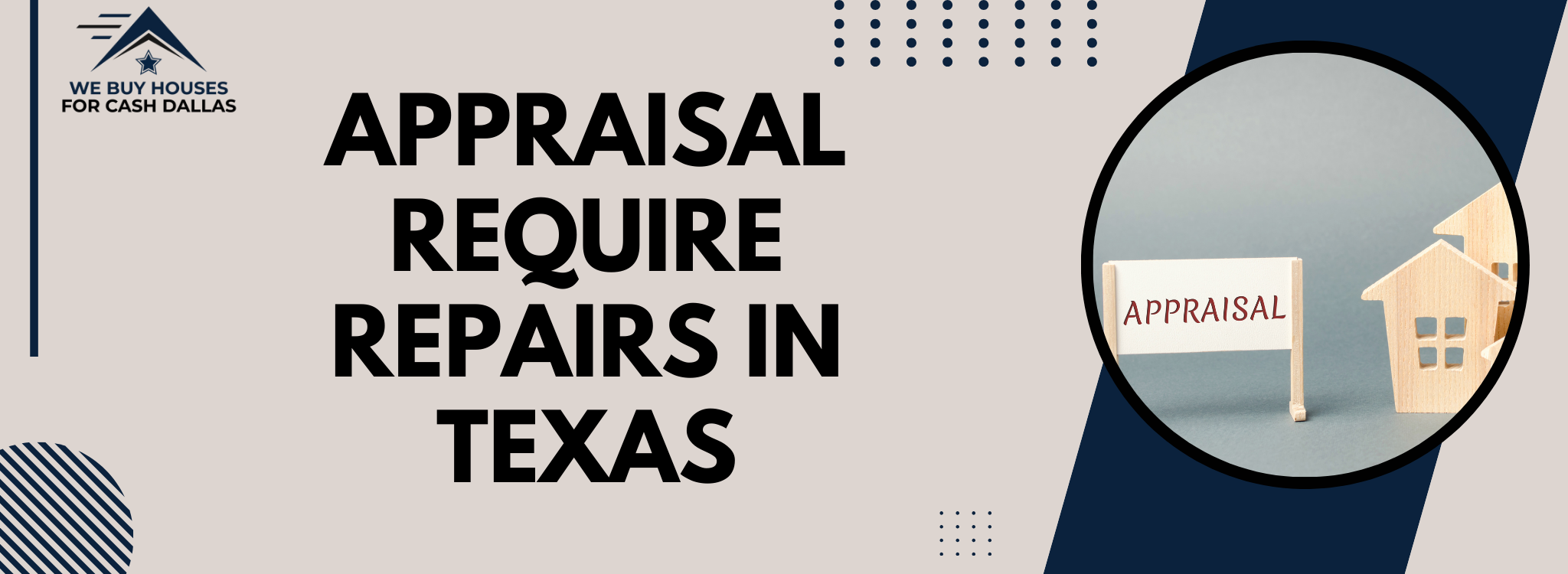
Understanding The Importance Of Appraisal In Texas
Understanding the significance of appraisals is vital for Texas homeowners when selling their homes. An appraisal is a licensed professional’s unbiased assessment of a property’s value, and it plays an important role in establishing the price of the house.
Accurate appraisals are crucial in Texas’ thriving real estate market. They ensure top dollar for your home, help create a fair asking price, and instill trust in potential purchasers.
Accurate property appraisal is crucial for optimizing profits and a successful sale.
The Process Of Appraisal And Repair Requirements In Texas

Understanding the appraisal and repair requirements procedure is essential when purchasing or selling real estate in Texas. Typically, a licensed appraiser conducts an appraisal, which is a comprehensive assessment of the value of a property.
In Texas, appraisals are mandatory for all real estate transactions, including refinancing and property purchases. The transaction may not proceed until repairs are addressed, which may be identified after the appraisal.
Specific safety and structural standards established by the state necessitate these restorations to guarantee that the property complies with them. Homeowners should meticulously review the appraisal reports and collaborate with their real estate agent or attorney to negotiate any required modifications with the buyer.
Householders must remain informed about these processes to complete a real estate transaction in Texas.
Key Factors That Affect Appraisal For Repairs In Texas
When evaluating repairs for Texas real estate, there are numerous important elements that homeowners should consider. The property’s condition is important, as any necessary repairs will directly impact the overall value.
Homes in favorable neighborhoods tend to have higher assessment values, making location important. The size and layout of the house, as well as any recent renovations or modifications, can all impact the assessment results.
Market trends and comparables in the local area can also impact the repair appraisal. Homeowners should grasp the primary elements affecting the appraisal process to receive a fair evaluation of their property’s value.
Navigating The Legalities Of Appraisal And Repair Requirements In Texas

When purchasing or selling a Texas house, homeowners should know many legalities regarding appraisal and maintenance needs. The kind of property and its location inside the state determine these criteria.
Understanding the laws and rules around assessment repairs helps homeowners prevent legal problems or delays in the purchasing or selling. This covers knowledge of the several forms of appraisals—traditional or FHA—and how they affect repair needs.
Homeowners should also be informed about any local building codes or ordinances that can influence the appraisal value of their property or require repairs. Effectively navigating these issues helps homeowners guarantee a flawless and profitable real estate purchase in Texas.
How To Prepare For An Appraisal For Repairs In Texas
Regarding selling a house in Texas, one important factor homeowners should be ready for is the appraisal procedure. This is especially crucial for assessment repairs since it significantly influences the general worth of a home.
Homeowners should evaluate their Texas property and make any required repairs or updates before being ready for an assessment covering repairs. Additionally, compiling any pertinent records on the property, including current improvements or repairs, is crucial.
To further understand the market value, homeowners should investigate similar houses in their neighborhood. Finally, deep cleaning and organizing the house will help present it in its best possible shape for the appraisal.
Homeowners who follow these guidelines and act early can ensure that they are ready for an assessment covering Texas repairs.
Common Repair Issues Found During An Appraisal In Texas

During an appraisal in Texas, homeowners may find numerous frequent maintenance difficulties that significantly impact their property’s value. These difficulties include structural problems, such as foundation cracks or water damage, and esthetic issues, such as obsolete fixtures or faded flooring.
Other potential red flags discovered during an appraisal include malfunctioning electrical or plumbing systems, roof leaks, and insufficient insulation. Homeowners should fix these repair issues before listing their house for sale, as they can substantially impact the total value and selling price.
Texas homeowners can improve their chances of selling their house by addressing typical maintenance issues during the appraisal process.
Exploring Different Methods Of Repairing Property In Texas
Texas homeowners can repair their property using a variety of methods. One alternative is to engage a professional contractor or handyman to complete the repairs.
This can be a convenient and effective option for folks unfamiliar with DIY tasks. Another option is to do the repairs yourself, which saves money but requires time and ability.
Homeowners can also consider using warranty coverage, if available, or negotiating repair credits with the seller during the appraisal process. Homeowners should carefully assess their options before selecting, as each approach offers unique benefits and considerations.
The Role Of Inspections In Determining Appraisal And Repair Needs In Texas
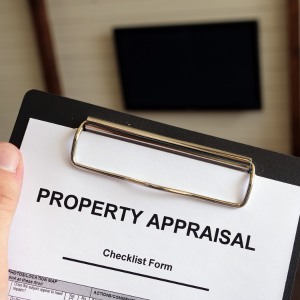
Appraisal repairs are essential in the Texas real estate market, and homeowners must comprehend their importance in assessing property value. Inspections are a crucial aspect of evaluating appraisal value.
These inspections comprehensively evaluate the property’s present condition, encompassing any prospective repair requirements. Appraisers subsequently utilize this data to ascertain the property’s fair market value.
By conducting inspections to identify requisite repairs, homeowners may guarantee that their property is properly appraised and prevent unforeseen issues during the assessment process. Moreover, properly fixing these repairs can enhance the total value of the property, rendering it a prudent investment for both buyers and sellers in the competitive Texas real estate market.
Consequently, comprehending and prioritizing inspections for assessment repairs is crucial for homeowners aiming to enhance their property’s value.
The Impact Of Location On Appraisals And Repair Requirements In Texas
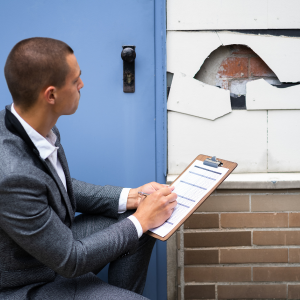
Location is critical in determining Texas real estate’s valuation and repair requirements. Homebuyers and appraisers prioritize location when making decisions.
In Texas, factors including proximity to strong schools, public transportation, retail malls, and career prospects can substantially impact home values. The condition of the neighborhood and nearby properties also affects the necessary renovations for a home to fulfill appraisal criteria.
When it comes to valuation repairs, homeowners should evaluate the location of their property and how it compares to other houses in the region.
Understanding The Costs Associated With Required Repairs After An Appraisal In Texas
After receiving an assessment for your Texas real estate, the following step is determining the probable expenses connected with necessary repairs. These repairs range from modest cosmetic changes to severe structural difficulties, and homeowners should carefully assess how they will affect their finances.
Depending on the severity of the repairs, fees might quickly accumulate and potentially reduce the total value of your house. Review the appraisal report and speak with a qualified contractor or real estate agent to assess expenses and plan timely repairs.
By being aware of these expenses, homeowners may better prepare for the financial effect and ensure their property retains its value in the competitive Texas real estate market.
Tips For Negotiating With Buyers Regarding Required Repairs After An Appraisal In Texas
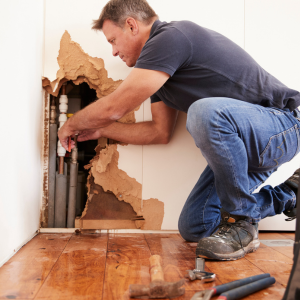
When selling a house in Texas, one important consideration is the appraisal process and any needed fixes. After the appraisal, homeowners must know how to talk to buyers about these fixes.
Before anything else, it’s important to fully understand the appraisal report and the fixes being asked for. Also, it’s important to be open and honest with the buyer about any problems or worries you have with making the repairs.
Also, people needing repairs should consider getting more than one quote from contractors to ensure they get a reasonable price. Last, but not least, it might be better to offer discounts or credits toward closing costs instead of making all the fixes that were asked for. This could save money for everyone.
If Texas homeowners follow these tips, they will be able to negotiate needed fixes after an appraisal.
Staying Compliant With State Regulations During The Appraisal And Repair Process In Texas
When selling a home in Texas, homeowners must follow state standards for appraisal and repairs. This is especially critical for assessment repairs, which can substantially impact a property’s worth.
To comply with state standards, homeowners should execute all necessary repairs before the appraisal. Engaging with licensed contractors who are aware of Texas regulations and construction codes is also critical.
Failure to follow these requirements may result in delays or fines, so homeowners must be informed and up-to-date throughout the process. Complying with state standards during appraisal and repair ensures a smooth transaction and optimal results for Texas real estate.
Ensuring Quality Workmanship For Required Repairs After An Appraisal In Texas
Once you have an evaluation for your Texas real estate, you should prioritize and handle any required repairs to guarantee the value of your home. Although homeowners may find this process daunting, selecting a reliable contractor who will produce excellent work for the needed repairs is imperative.
This guarantees the perfect completion of the repairs and helps preserve or raise your house’s value. Before deciding, one should carefully investigate and evaluate contractors, get several quotations, and request references.
Furthermore, keeping a close eye on the state of the repairs and open communication with the contractor will help guarantee that the job is completed to your satisfaction. Following these guidelines will help you be sure that, once necessary repairs follow an appraisal, your Texas real estate will be in great condition.
What Fixes Are Mandatory After A Home Inspection In Texas?
Upon completing a home inspection in Texas, homeowners may be presented with a list of required appraisal corrections.
These repairs guarantee the property’s structural integrity and safety and are crucial for adhering to state regulations and guidelines.
After a home inspection in Texas, resolving any electrical or plumbing issues, repairing structural damage or roof leaks, and ensuring that the property complies with the law are often necessary.
Householders must comprehend the significance of these appraisal repairs, as neglecting to execute them may result in legal complications and affect the overall value of their real estate investment.
What Are Examples Of Lender Required Repairs?
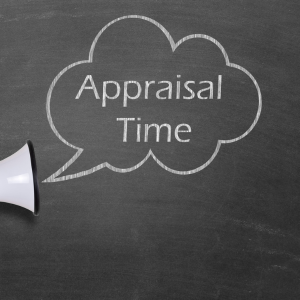
Regarding Texas real estate, homeowners must understand the necessity of appraisal repairs. These are critical in ensuring that a property meets the lender’s criteria.
Repairs requested by the lender may include structural difficulties, damaged roofing or plumbing systems, replacing obsolete electrical wiring, and removing safety risks such as mold or asbestos. Other common repairs include replacing obsolete appliances, installing new flooring or windows, and improving the house’s overall condition.
Homeowners must recognize that these assessment repairs are required not only for financing but also to protect the value and integrity of their property.
What Are Texas’ Requirements For Being An Appraiser?
To become a qualified appraiser in Texas, you must complete the Texas Appraiser Licensing and Certification Board’s rigorous standards. These include completing several education hours, passing national and state tests, and acquiring hands-on experience through apprenticeships.
Additionally, appraisers must conform to the Uniform Standards of Professional Appraisal Practice (USPAP) and the board’s ethical requirements. Homeowners must first grasp these standards when selecting an appraiser for their property to ensure accurate and dependable appraisal results.
Understanding the importance of these standards allows homeowners to successfully navigate the assessment process and preserve their investment in Texas real estate.
What If My House Is Messy During Appraisal?
Addressing any essential repairs is crucial in the Texas real estate appraisal process. As a homeowner, you must understand the importance of these repairs and how they will affect the value of your house.
But what if your house is a disaster during the appraisal? Homeowners commonly fear this, but appraisers are trained to look past clutter and focus on your home’s overall condition. However, cleaning up and decluttering before an appraisal is still recommended for a more accurate assessment.
Keeping your home in good condition will help you during the appraisal process and increase the value of your property in the long run.
Read on to learn how to sell a house in Texas. The tips and guidelines are applicable statewide, including cities like Dallas, El Paso, Houston, Austin, San Antonio, Fort Worth, and nearby regions. For personalized assistance, Contact Us at (469) 765-3669.
Additional Resources For Texas Sellers
| [ | |||||
| “ | ] | “ | ] |


